Market Share
Formaldehyde Market Share Analysis
Formaldehyde markets are highly competitive, with companies using various market share positioning strategies to gain a competitive advantage. Differentiation is one of the most popular methods utilized by corporations competing in this field. This implies that some of these companies have come up with unique attributes that differentiate their product offering from those of other competitors. For instance, they can use higher levels of purity, more efficient techniques, or environmentally-friendly composite materials in response to growing consumer interest in sustainable practices within industries where formaldehyde is an essential component. Another Strategy for Market Positioning is Cost Leadership. Companies targeting large market shares strive to become low-cost producers through streamlined production processes, efficient raw material sourcing, and economies of scale, among others. This reduces the prices, making them more attractive to their price-sensitive clients, hence increasing their market share. Multinational firms must, however, observe quality as they pursue cost leadership if they want customer satisfaction and loyalty maintained. Market segmentation is also a strategy used by many formaldehyde companies. This can be done based on different factors such as industry applications, geographical regions, and customer preferences, among others. They can take advantage of the recognition of these segments by tailoring their product and marketing strategies to suit the specific needs of this segment to enable them to have a strong presence in target markets. Strategic partnerships and collaborations play important roles in market share positioning within the formaldehyde industry. Some alliances may form between raw material suppliers, distributors, or even competitors to strengthen their market presence. Forming such cooperation helps gain access to new markets, as well as enhances distribution networks, which facilitate knowledge sharing. The benefits include access to new markets, improved distribution networks, and knowledge exchange. The formaldehyde industry has, over the recent years, emphasized sustainability as its key driver for market share positioning strategies. The rise in environmental concerns has led to more companies adopting green operations; hence, they are promoting low-impact environmental effects resulting from formaldehyde products. It may be transitioning towards greener methods of production, using renewable resources, or developing alternatives that do not contain formaldehyde anymore. Furthermore, effective marketing and branding strategies significantly contribute to market share positioning efforts. Companies develop strong brands that connect with their target customers, thereby creating a positive image of their products made from formaldehyde. The branding process may focus on quality, dependability, and innovation aspects influencing consumers' choices during purchase decision-making processes by customers. Advertising through effective communication via advertising social media and other channels helps companies build a strong market presence while distinguishing themselves from competitors.


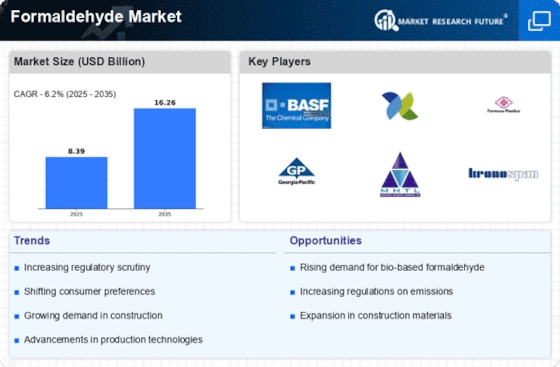

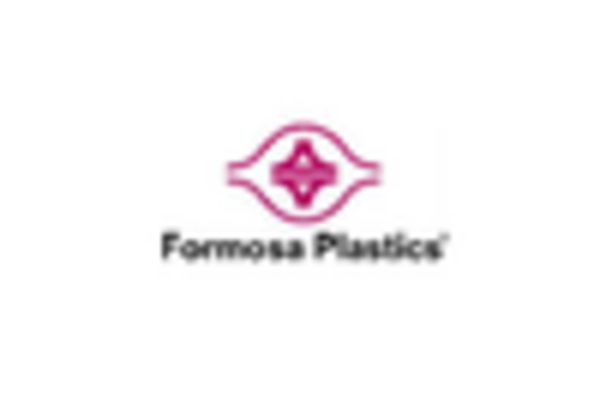
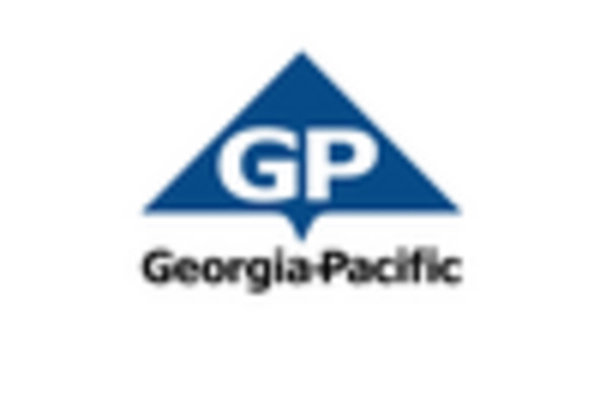
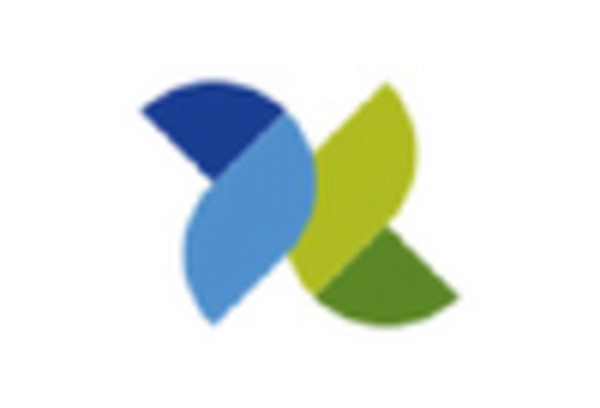
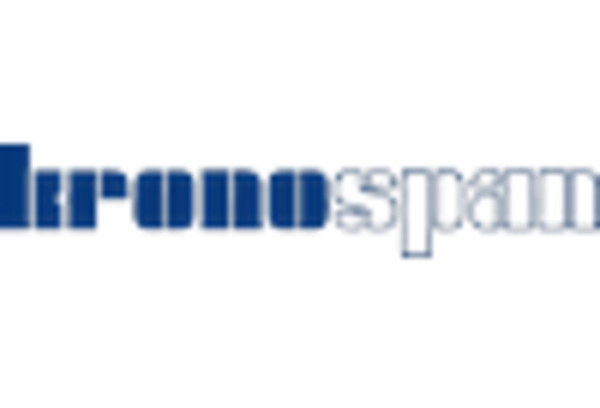
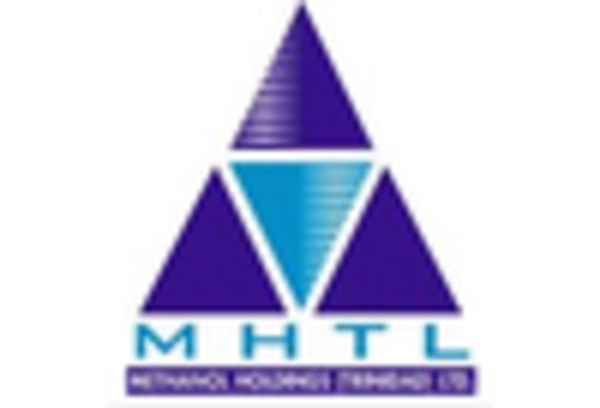









Leave a Comment